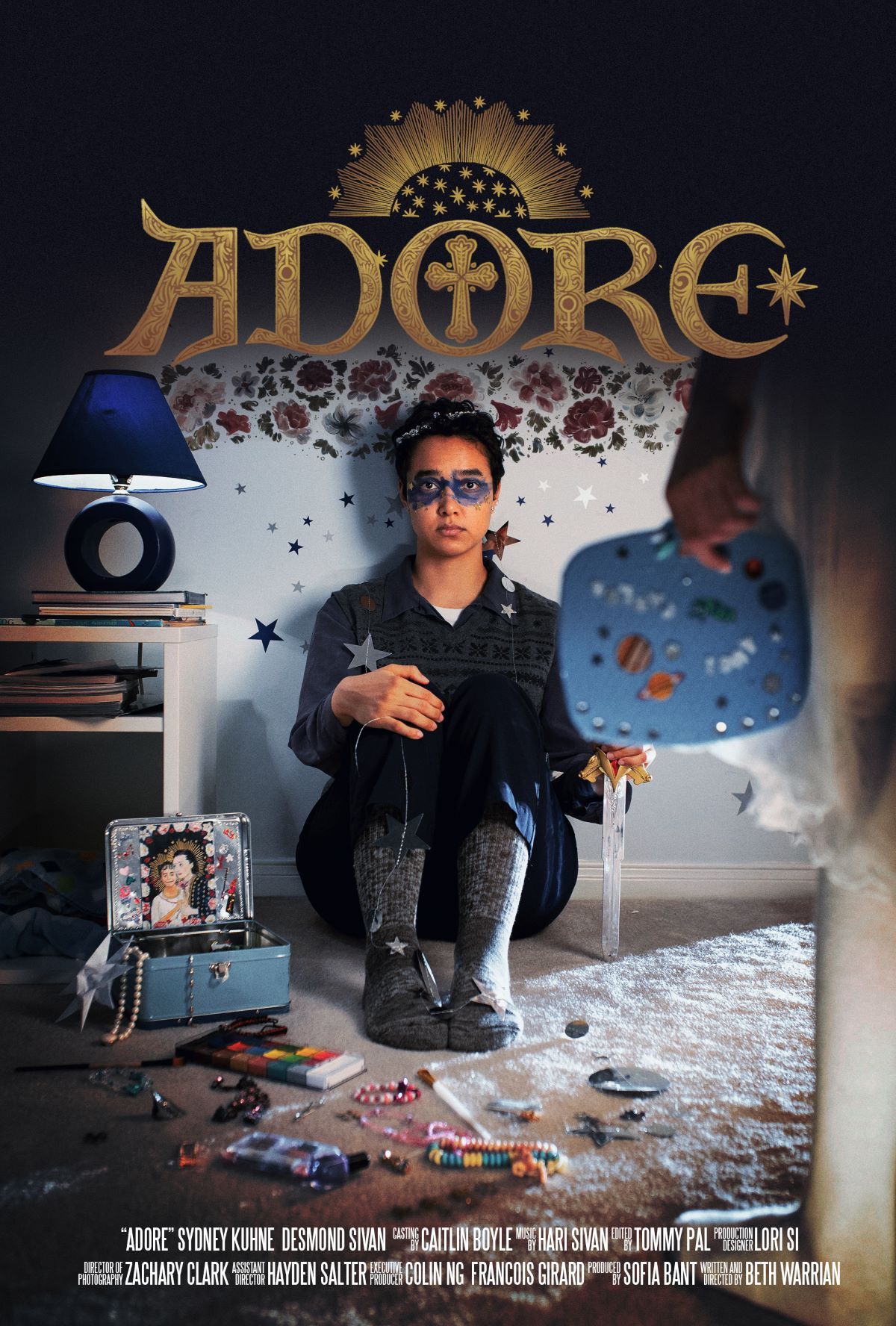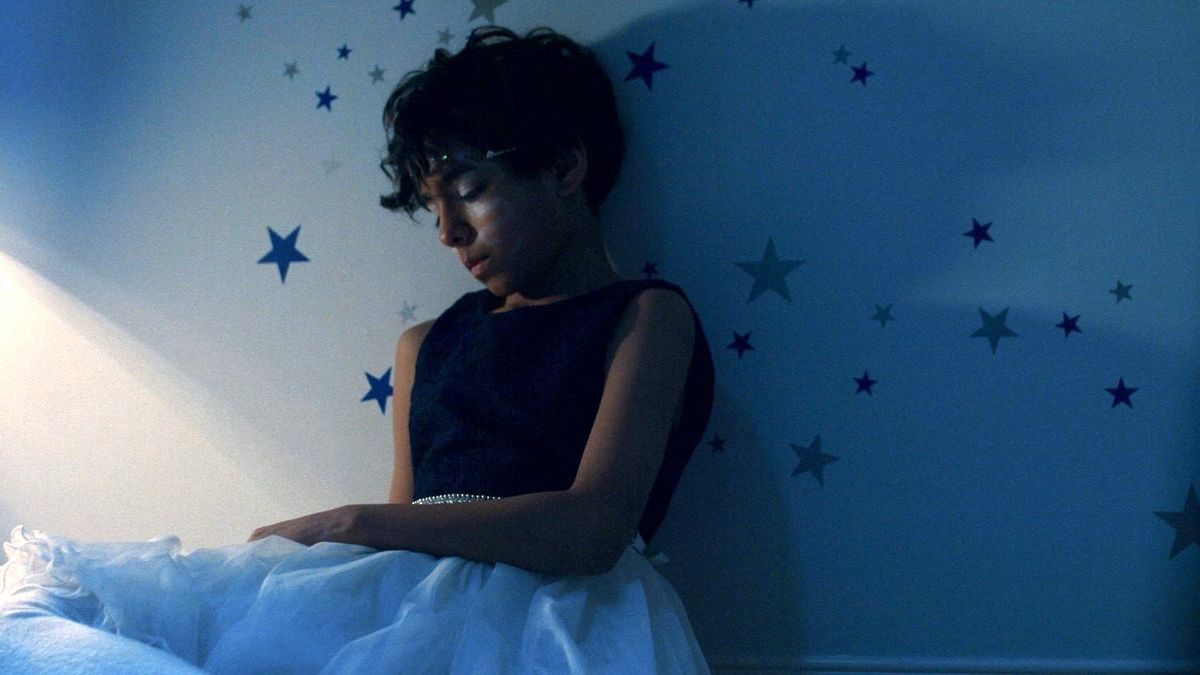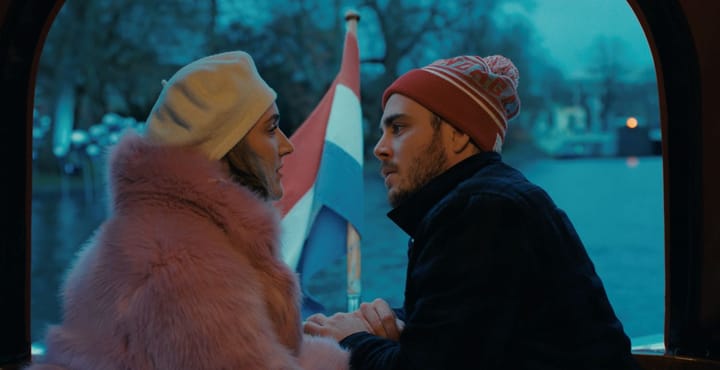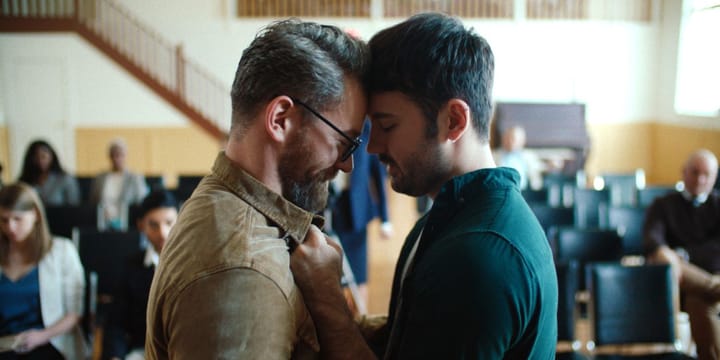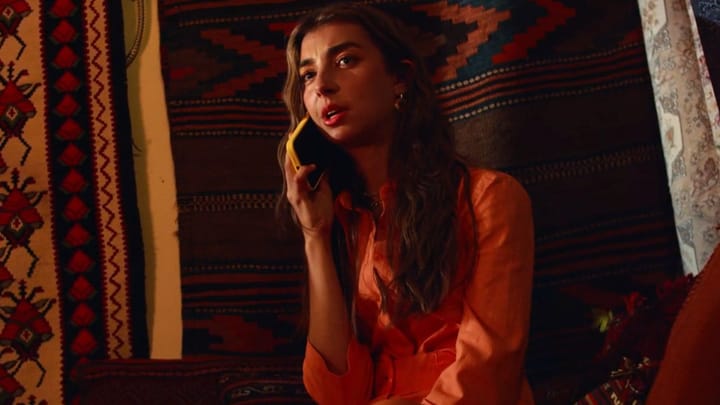An aunt’s attempt to protect her gender non-conforming nephew from their family leads to an unexpected revelation in Adore. We talk with filmmaker Beth Warrian about the making of her award-winning dramatic short.
Adore tells the story of a queer Peruvian-Canadian woman named Luci (played by Sydney Kuhne) who secretly gifts her young nephew Carlos (played by newcomer Desmond Sivan) a princess dress for Christmas.
When Carlos announces he wants to show his new outfit (and reveal his true gender identity) to the rest of their family, however, Luci finds herself shaming him with the very words and actions she hopes to shield him from.
Along the way, the film teaches us that our misbeliefs about others often hinder our ability to live life to the fullest, and that the world can sometimes be a kinder and more accepting place than we expect.
Toronto-based writer-director Beth Warrian says she hopes the film will create an introspective experience for audiences and challenge the way they see other people in their lives.
“Regardless of how you might personally identify, I wanted to create a moment where we could be encouraged to check our own assumptions,” Warrian says. “It’s really tragic when people have experiences that make them go through life in a very guarded way, so I wanted to create a story that might make you pause and say, ‘Oh, maybe I should re-evaluate the assumptions that I’m actually casting on other people around me in an attempt to defend myself.’”
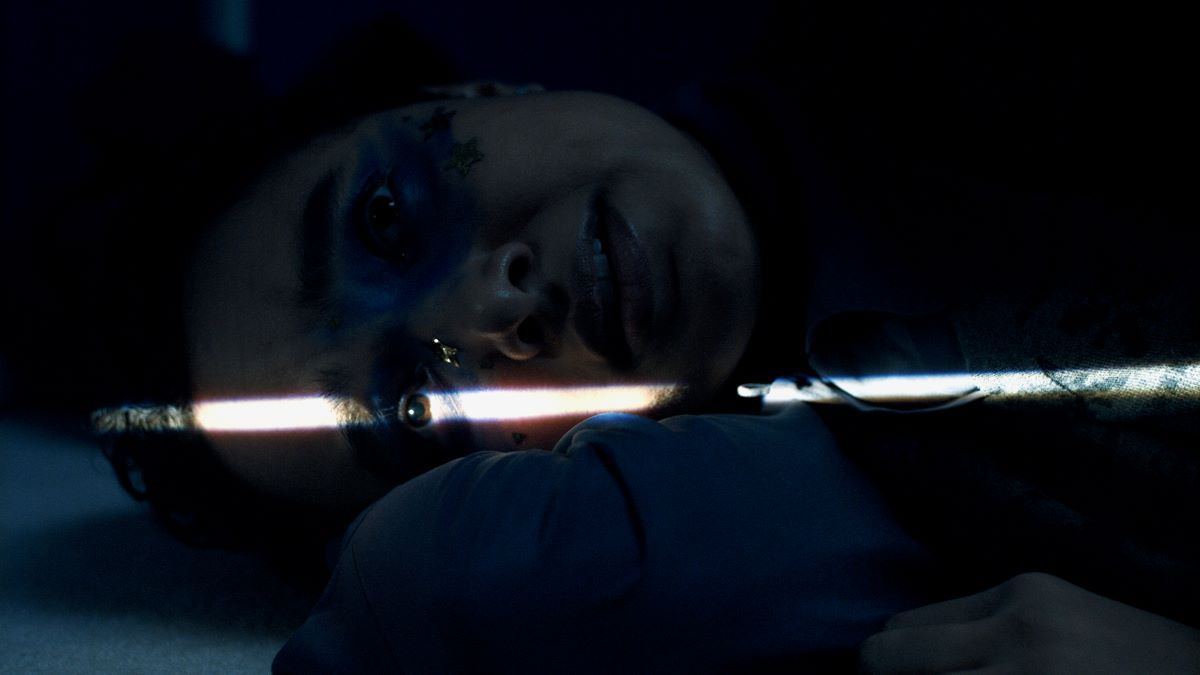
Warrian says the intergenerational conflict at the heart of the film draws heavily on a personal experience that showed her how a fear of being judged can often lead us to keep those closest to us at arm’s length.
“The concept came from an experience I had with an older relative who I was close to but where I’d compartmentalized aspects of my identity away from them,” she explains. “I’d assumed that that’s just how things would be forever, but then I had a moment where I was more honest with them and the first thing they said to me was, ‘Why were you shutting me out?’ It made me realize how often in life we project a judgment onto others.”
“The concept came from an experience I’d had with an older relative who I was close to but where I’d compartmentalized aspects of my identity away from them.”
Warrian subsequently developed Adore as part of her thesis project while enrolled in Toronto Metropolitan University’s Image Arts: Film program, where she also connected with producer and now-creative partner Sofia Bant.
“I had an early version of the script, but when we got together, Sofia suggested making the family Peruvian-Canadian. That added a nice dimension to the film and it became a collaboration from that point on,” she says (Bant is of Dutch-Peruvian descent). “Sofia was really instrumental in the details of the script, but also in what filtered into the production design, the casting and everything, so it was really enjoyable working together.”
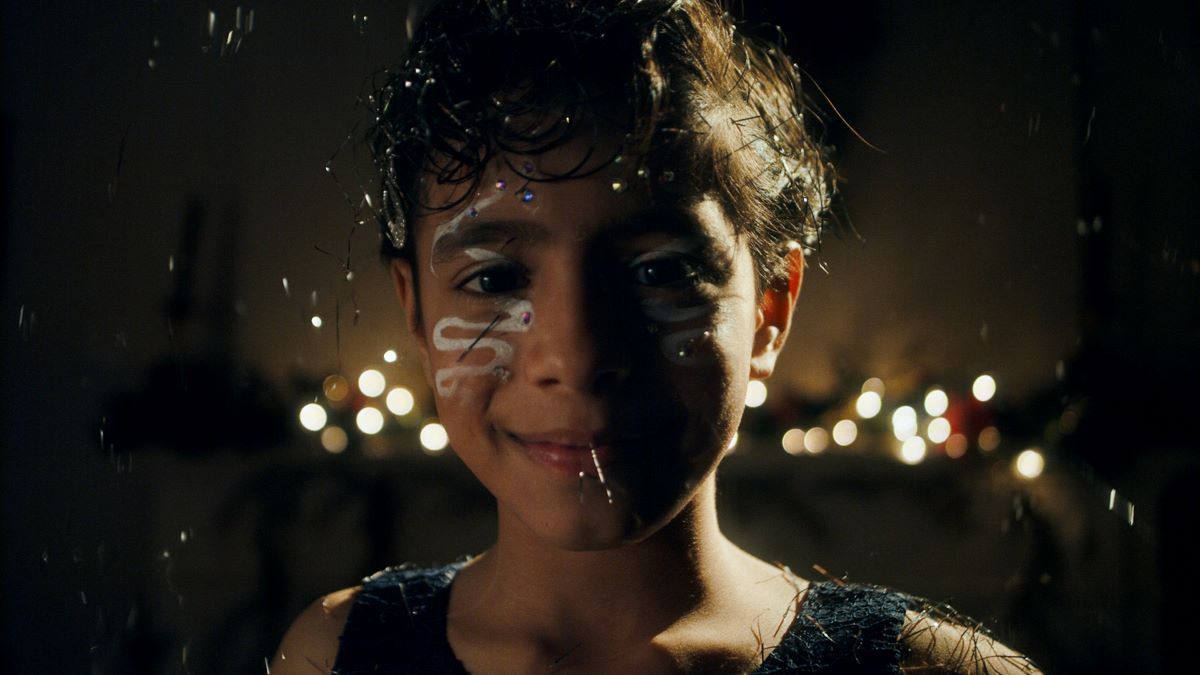
While the production itself went off without any major crises (thanks, in part, to a lot of prep work), Warrian admits that both the performance demands and the nature of the film’s subject matter made finding and casting suitable actors a tougher-than-expected task.
“I ended up kind of stalking Sydney a bit, messaging her on Instagram to get her interested in the project, so it was awesome that she actually answered my message request, read the script and really connected with the project,” she recalls. “When we found Desmond, it was the first time I’d seen a child actor that was really listening. He has this amazing internal quality when he’s not speaking that you see what he’s thinking. He and Sydney also just clicked really well.”
“You’re going to have hard days and it will really become clear who is there for superficial reasons versus who is there because they want to tell the story.”
She adds that the project was fortunate to attract cast and crew who were not only talented craftspeople but also individuals with a strong connection to the material. As a result, they were able to tell a collective story that “grew into something so much larger than the sum of its parts.”
“You need to build a team that you trust and you feel you can communicate with, because you’re going to have hard days and it will really become clear who is there for superficial reasons versus who is there because they want to tell the story,” she says. “Also, know your personal strengths and weaknesses and don’t be afraid to tailor your production plan to them.”
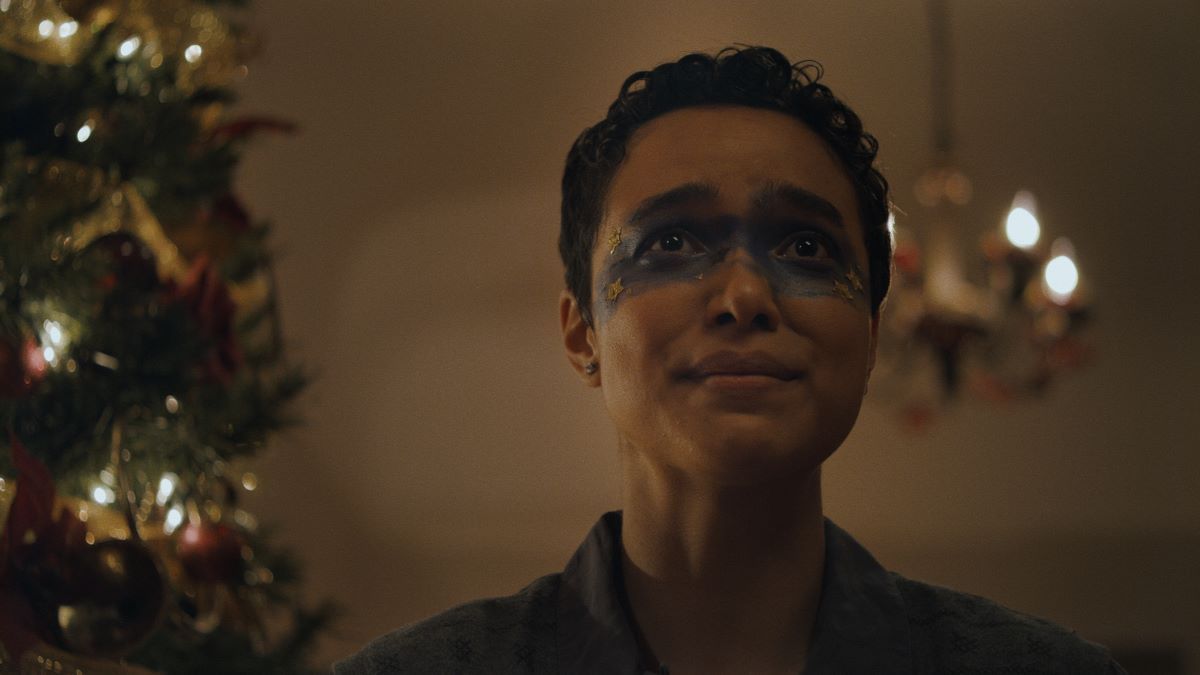
Adore has already picked up numerous awards at festivals around North America and is set to screen this week at the Forest City Film Festival in London, Ontario. Warrian says that she has been genuinely touched to see how something that started out as a personal project has gone on to resonate with a much bigger audience.
“A lot of folks have found it empowering to have a story about a gender non-conforming child that ends in a positive, joyful way, because there is so much negativity across the political spectrum and in the media about how difficult it is to be non-conforming and young,” she says. “Having a situation where someone being really true to themselves has a positive effect not just on themselves but also on the people around them was also an image that I really wanted to put out there.”
Ultimately, Warrian says that she hopes the film will inspire those who see it to take a moment to reflect on the assumptions that might be preventing them from understanding and appreciating those around them.
“The hardest part of growing up and trying to figure yourself out, especially with any kind of marginalized identity, is that you’re sort of taught not to believe yourself or that how you feel is just a phase or that it’s going to pass,” she says. “No matter how you identify, especially for young people, trust that you know who you are. Also, just try to create an environment with people in your life where you take how they feel about themselves at face value.”
Follow Adore on Instagram here (@adore_movie) or connect with Beth Warrian here (@bethwarrian).
